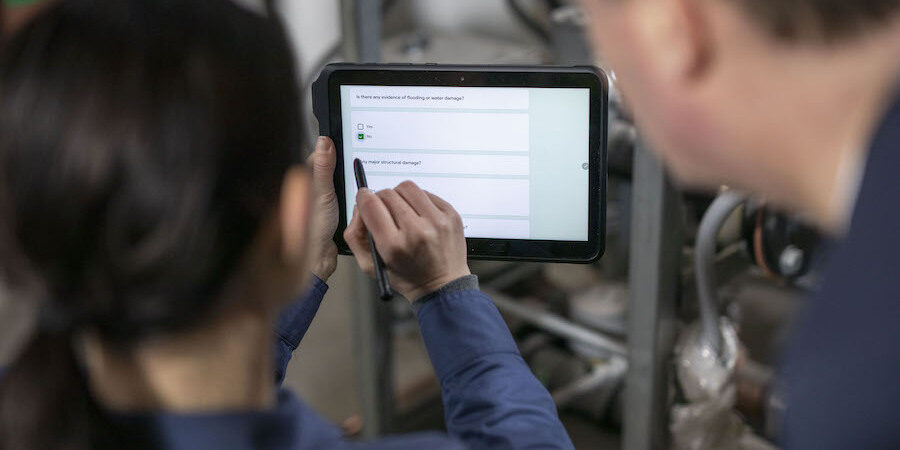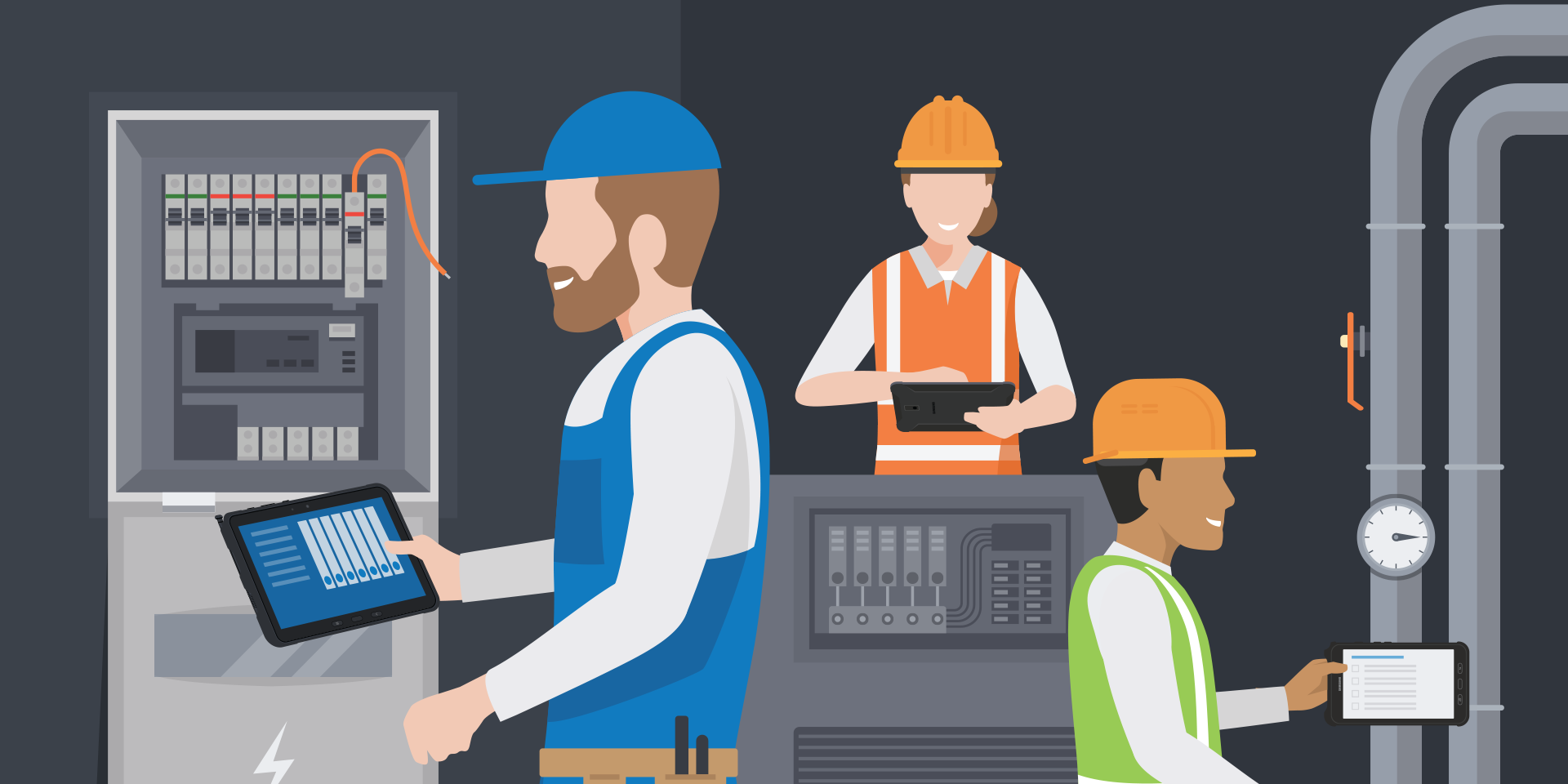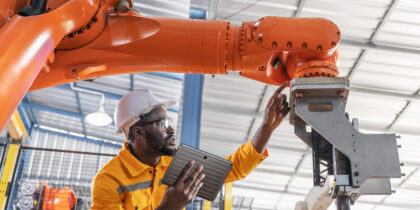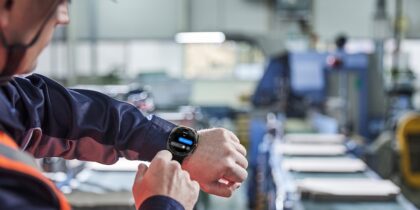No matter the industry, whether it’s oil and gas, HVAC or telecommunications, field service is an extension of the corporate brand. Unfortunately, a lack of reliable connectivity on the road often leads to field workers adopting a piecemeal approach to sharing and retaining work knowledge.
For example, even if a mechanic attending to a broken rotor is familiar with basic repair procedures, they may need to access manuals if they encounter an unfamiliar situation. Traditionally, the mechanic might rely on a bulky paper manual to find the knowledge needed to complete the job. This might be outdated or missing the latest information for the precise part under consideration.
The mechanic might also need to sign off on a work order, draw up a new one or draft an invoice for the job. If they find out the rotor belt is broken but don’t have a replacement on hand, they’ll need to call in for the part and schedule a time to return and finish the job. Recording much of this on paper means transferring the same information to the enterprise resource planning (ERP) system at a later time, doubling the work. These manual processes do not provide a seamless interface between the field worker, the corporate office and the expectations set by the account manager.
Mobility in field services can alleviate some of these concerns and serve as an efficient conduit between the field worker, the knowledge they need to complete the job and the customer’s expectations.
The field services landscape
Field workers are an extension of their parent company, and to deliver the company’s services effectively, they need access to the right data at the right time.
Effective resolution of field service calls depends on how well field workers can be a seamless extension of the corporate office and how well the service they deliver aligns with what was promised by sales. Unfortunately, field service workers can’t access all necessary information easily. They use pen and paper to write out an invoice or create a work order. They call in to the corporate office for information about tools inventory, to schedule a future appointment or process credit card payments.
Sometimes, field workers might receive information about next steps through walkie-talkies, but those make it impossible for workers to capture communications data and are dependent on the worker being in range and accessible.
Unfortunately, many of these businesses still conduct operations manually. Traditionally, field services employees have also carried laptops, but these prove to be less than perfect solutions. Besides being bulky and inconvenient on the go, poor connectivity while on the road can lead to fractured communication and time delays.
Mobility in field services
The field worker with a mobile device can solve many of the challenges that arise from a disconnect between the field, the home office and the account manager. A rugged tablet can host invoicing and work order software while on the road — and it can come prepopulated with customer information.
A field worker can log in to the inventory management software or connect to vendors through the tablet and place orders for replacement parts, as well as schedule future service calls, all through the mobile platform. They can even use a mobile point of sale (POS) solution on the device to process credit card information and payment transactions. Since tablets are easier to carry than laptops, crew members are more likely to use them consistently, as well. After a worker checks off a job as complete, they can receive information about the next call without having to reach out to the corporate office again.
Mobility in field services also allows workers to access real-time information that gives them a more accurate picture of the problem. Using cameras and augmented reality (AR) apps, field workers can get live video help to attend to complicated challenges. This might eliminate the need for a future service call, saving both time and money, and improving customer satisfaction. It also allows for experts to connect with a field worker regardless of where they’re located, cutting down on travel and providing a foundation for virtual collaboration — especially important in a post-COVID-19 world.
Empower your field services team with mobility
Exceed customer expectations with this free guide to improving connectivity in field services. Download Now
Gartner predicts that, by 2025, 50 percent of field service management deployments will include mobile AR collaboration and knowledge sharing tools. The move to more powerful and versatile mobile devices and applications empowers field service workers and makes them an accurate and seamless extension of the business.
Pen-and-paper manual solutions to field services challenges lead to static knowledge and decreased productivity. But rugged mobile solutions, such as the Samsung Galaxy Tab Active3 tablet and Galaxy XCover Pro smartphone — combined with the latest in enterprise field service management applications — are rugged, secure and efficient, and they enable connectivity even when Wi-Fi is unreliable. The potential for high return on investment makes mobility an essential ally in field services.
Samsung’s rugged tablets passed a battery of 22 military-grade durability tests. For a deeper dive on improving connectivity in field services, be sure to check out our free white paper.









